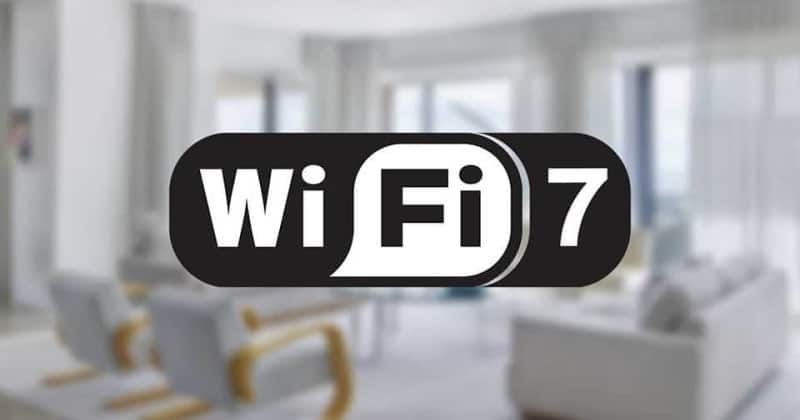While you’re still settling with the new Wi-Fi 6 standard, there are few companies promoting the future standard, Wi-Fi 7. This new upgrade will take at least four years to hit markets, but the possibilities it is anticipated from now. With data rates of at least 30 Gbps, Wi-Fi 7 is expected to miracles in technology. The new standard is touted to run internet of everything, from smart devices for home works to health works.
Wi-Fi 7 is nowhere near. But analysts start predicting the possibilities of this new standard when it arrives. The latest version is said to be transmitting over 30 Gbps speeds, which is obviously greater than our current Wi-Fi 6 (9.6 Gbps) and Wi-Fi 5 (3.5 Gbps) speeds. This lets users having better streaming, reduced congestions, large distance coverages etc. But that’s not all.

Wi-Fi 7 will be a wonder
Real possibilities of Wi-Fi 7 are impeccable. The data capabilities it posses can detect the physical location and even a person’s breathing! Technologies supporting the health monitoring will be really helpful in future, and these will be supported with Wi-Fi 7. Unlocking doors automatically for eligible persons at the entrance itself need super-fast communications between smart cameras and locks, which are made possible by Wi-Fi 7 transmissions.
Xiaomi Mi 10 and iPhones latest models support the Wi-Fi 6 standard. These phones, if blessed with high-speed internet, can pump data speeds as charted – upto 9.6 Gbps. But the real possibilities are hidden in future applications with real purpose.
As of now, IEEE standards that are in existence are IEEE 802.11n, 802.11ac, and 802.11ax, where were classified as Wi-Fi 4, Wi-Fi 5, and Wi-Fi 6, respectively. This leaves the space for new Wi-Fi standard 7 to be 802.11be. And as estimated, the maker IEEE may take at least four years to execute the new version and is said to be working on privacy settings. To make this standard free from intrusions, IEEE has assigned a team especially working for stringent privacy controls.
Source- Gizchina


